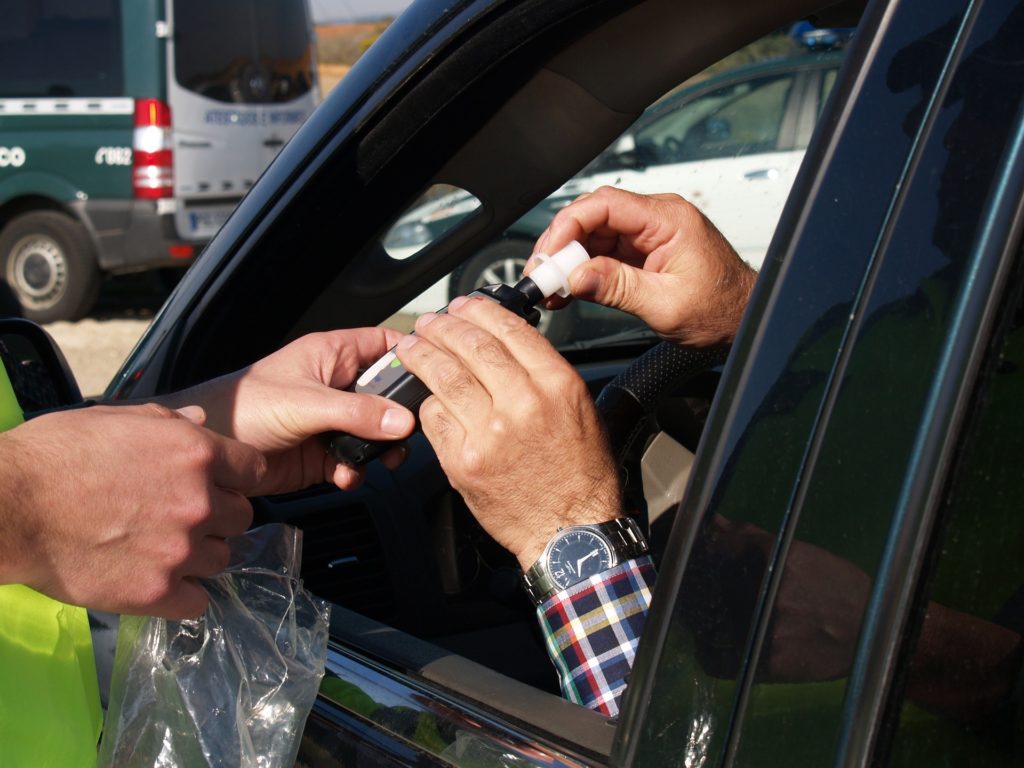The Accident Wasn’t Your Fault: Can You Get a DUI Charge?

Suppose you were driving home after having a few drinks with friends when another driver ran a stop sign, causing a collision with your vehicle. You were driving within the speed limit, obeying all the traffic laws, and clearly not at fault for the accident. When the police arrive to investigate the crash, can you still be arrested? The answer is yes. If your blood alcohol concentration (BAC) is .08% or higher, you can be arrested for DUI.
What Charges Could You Be Facing If You Were at Fault for the Accident?
If you were speeding or violating other traffic laws while driving under the influence of alcohol and caused a collision in which someone else was injured, you could be facing aggravated DUI charges. An alcohol-impaired driver who causes an accident with serious bodily injury can be charged with a felony. Penalties for a first offense may include up to 10 years in jail, fines of $2,000 to $5,000, and driver’s license revocation for three years. A second offense can carry a jail sentence of up to 20 years.
What Charges Could You Face If You Were Not at Fault for the Crash?
Even if you were not at fault for the crash, you could still be charged with DUI if your BAC was at or above the legal limit. Police officers only need a lawful basis to detain you. If another driver caused the crash by failing to yield the right of way, that driver may receive a citation from the investigating officer, whereas you will likely be arrested with a BAC of .08% or higher.
What Are the Penalties for DUI?
Under Wyoming law, drivers are prohibited from being in actual physical control of a vehicle with a BAC of .08% or higher or while under the influence of alcohol or any controlled substance. “Under the influence” means being deprived of normal control of mental or bodily faculties. Penalties for DUI can depend on the surrounding circumstances and the number offenses:
- First offense DUI carries penalties that may include up to 6 months in jail, fines of up to $750, license suspension for 90 days, and an ignition interlock device for six months with BAC of .15% or higher.
- Second offense DUI is punishable by a minimum of seven days and up to six months in jail, fines of $200 to $750, license suspension for one year, and an ignition interlock device for one year.
- Third offense DUI carries a minimum of 30 days and up to six months in jail, fines of $750 to $3,000, driver’s license suspension for three years, and two years with an ignition interlock device.
A judge may order up to three years of probation for a DUI offender. Aggravating factors that can increase penalties for DUI include causing a serious bodily injury accident and driving under the influence with a passenger under the age of 16.
Who Is Responsible for Vehicle Damage?
Liability for property damage in a motor vehicle collision is based on fault for the accident. The driver seeking compensation must prove that the other driver was negligent. To prove negligence, you must establish three elements in the case:
- The driver had a duty of care
- The driver breached that duty of care (by speeding, running a red light, etc.)
- The breach of duty caused the accident and your property damage
It could be argued that you breached a duty of care by operating a motor vehicle while alcohol impaired, even if the other driver caused the accident. Your best course of action is to consult with an experienced Gillette criminal defense attorney. Call Steven Titus & Associates, P.C. at (307) 257-7800.

Your FREE Case Strategy Session
On All Injury and Criminal Cases
Contact our office right now to speak to
someone who wants to help you.